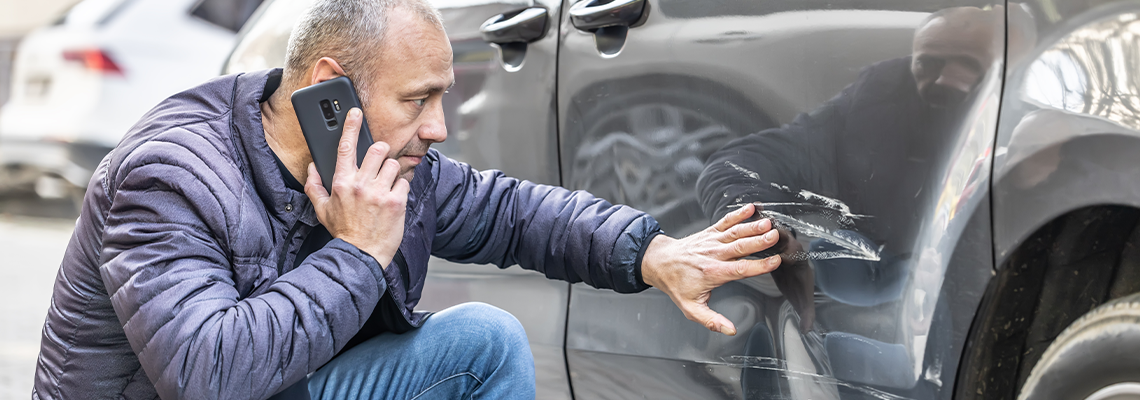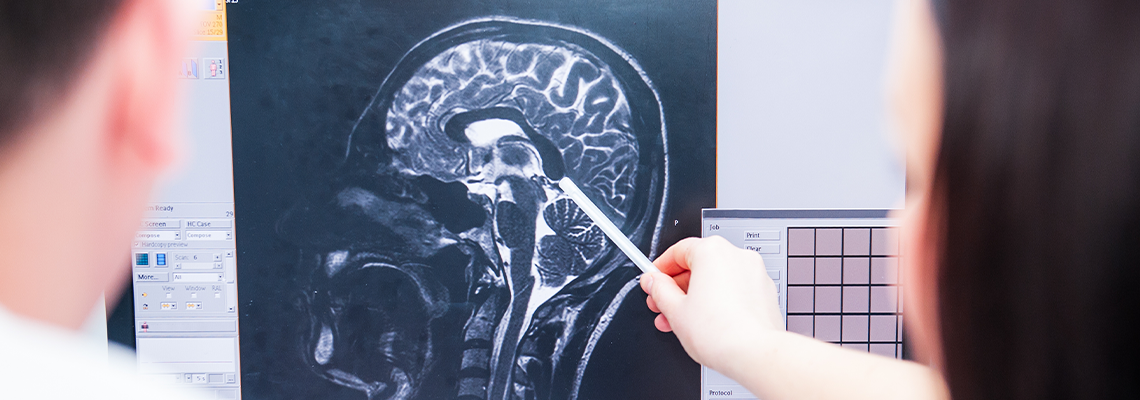
Filing a car accident claim can often feel overwhelming, especially when dealing with medical treatments, insurance companies, and vehicle repairs. However, collecting strong evidence is one of the most critical steps in proving liability and maximizing compensation.
At Bradford N. Oesch, P.C., we understand the challenges that car accident victims face in the aftermath of a collision. Our dedicated car accident lawyer is committed to helping clients in Houston, Texas, and the surrounding areas pursue compensation following a car accident.
The more detailed and organized your evidence, the stronger your position will be when seeking compensation. At our firm, we can help you collect and preserve crucial evidence to support your case.
What Makes Evidence So Vital in Car Accident Claims?
In Texas, the burden of proof in a car accident claim rests on the injured party. This means it's our responsibility to provide compelling evidence that clearly demonstrates the other party's negligence and the resulting damages. Without sufficient evidence, obtaining fair compensation can be challenging.
Evidence can include everything from police reports and medical records to witness testimonies and surveillance footage. These pieces of evidence help establish what happened, who is at fault, and the extent of the damages suffered. The stronger and more comprehensive the evidence, the better the chances of securing fair compensation.
Additionally, preserving evidence early can prevent it from being lost, altered, or disputed later in the claims process. This is why taking immediate action after an accident is essential. A car accident lawyer in Texas can make sure your evidence is properly documented and used effectively in your claim.
Types of Evidence to Strengthen Your Car Accident Claim
To build a robust car accident claim, it's essential to gather strong and accurate evidence that can support your position. If you or someone you know has been injured in a car accident, consider collecting the following types of evidence:
Official Police Reports
After a car accident, contact law enforcement to have an official report filed. The police report serves as an objective account of the incident and often includes:
Details of the accident: This includes the date, time, and location of the crash, which establishes the key details.
Involved parties: The names, contact details, and insurance information of all drivers and passengers in the accident.
Witness statements: Accounts from individuals who observed the crash and provide an unbiased perspective of what occurred.
Officer's observations: Notes regarding road conditions, weather, and any traffic violations that may have played a role.
This report can be a foundational piece of evidence when establishing fault and supporting your claim. A car accident lawyer in Texas can use this report to strengthen your case and argue for fair compensation.
Photographic and Video Evidence
Visual documentation provides a compelling narrative of the accident scene. If you're able, take photographs and videos immediately after the accident, capturing:
Vehicle damage: Close-up and wide-angle shots of all vehicles, including dents, scratches, and structural issues.
Injuries sustained: Visible injuries to yourself or passengers, which can be used to document immediate physical effects.
Scene context: Skid marks, traffic signals, road signs, and environmental factors that may have contributed to the crash.
This evidence can help accident reconstruction specialists determine the sequence of events leading up to the collision.
Eyewitness Testimonies
Third-party accounts can provide unbiased perspectives on the accident. Collect contact information from witnesses at the scene, including:
Names and phone numbers: This helps in follow-up conversations to obtain a more detailed and formalized statement.
Email addresses: An alternative way to communicate with witnesses if phone contact becomes difficult or unresponsive.
Physical addresses: If necessary, formal correspondence may be needed to obtain additional legal documentation or statements.
Your lawyer can follow up to obtain detailed statements that may corroborate your version of events. A car accident lawyer in Texas can identify key witnesses and make sure their testimonies support your claim.
Medical Records and Bills
Even if you feel fine, it's important to seek immediate medical attention after an accident. This is important not only for your health but also for documenting injuries related to the collision. Comprehensive medical records should include:
Diagnosis and treatment plans: A detailed record of injuries and prescribed treatments, showing their severity and medical necessity.
Medical bills: Invoices for hospital stays, surgeries, medications, and rehabilitation, which substantiate financial damages.
Doctor's notes: Professional opinions on injury severity, prognosis, and long-term medical needs that support your claim.
These records substantiate the extent of your injuries and associated costs, forming the basis for your compensation claim. A car accident lawyer in Texas can work with medical professionals to help establish the full impact of your injuries.
Employment and Income Documentation
If your injuries have impacted your ability to work, it's important to provide evidence of lost wages and diminished earning capacity. Common relevant documentation can include:
Pay stubs or salary statements: These confirm your income before the accident and help quantify the financial loss you experienced.
Employer correspondence: Letters verifying time missed from work and detailing any job limitations due to your injuries.
Tax returns: Past income records that provide a broader picture of financial loss and assist in estimating future lost wages.
This information helps quantify the financial impact of the accident on your livelihood.
Vehicle Maintenance and Repair Records
Maintaining records of your vehicle's condition before and after the accident can be crucial. These records may include:
Pre-accident maintenance logs: Documentation showing the vehicle was in good condition before the crash occurred.
Post-accident repair estimates: Detailed assessments of damages and repair costs provided by professional mechanics.
Photographs of damages: Visual evidence supporting repair claims, helping establish the extent of property damage.
Such documentation can help establish the extent of property damage and support claims for repair costs.
Expert Witness Testimonies
In some cases, expert analysis may be necessary to establish critical aspects of your claim. Expert witnesses who may be able to provide valuable testimony include:
Accident reconstruction specialists: Professionals who analyze crash details to explain how the accident occurred.
Medical experts: Doctors who can testify regarding the severity of injuries, recovery prospects, and long-term medical needs.
Economic analysts: Financial professionals who estimate the long-term impact of lost wages and diminished earning potential.
Expert witness testimonies are considerable tools that can help provide authoritative insights to bolster your claim.
Personal Journals and Pain Diaries
Documenting your daily experiences following the accident can illustrate the non-economic damages you've endured. If you decide to keep a detailed journal, you should note down the following items:
Physical pain levels: Descriptions of pain intensity, how often it occurs, and how it affects your ability to function.
Emotional distress: Feelings of anxiety, depression, or trauma caused by the accident and its long-term psychological effects.
Impact on daily activities: Difficulties in completing everyday tasks, engaging in hobbies, or maintaining personal relationships.
This personal account can humanize your claim, providing insight into how the accident has affected your quality of life.
Surveillance Footage
In some instances, nearby security cameras or traffic cameras may have captured the accident. To obtain this footage, you should:
Identify potential sources: Look for nearby businesses, residences, or traffic cameras that may have recorded the accident.
Request footage promptly: Surveillance systems often overwrite recordings quickly, making early retrieval crucial to your case.
Work with a lawyer to obtain subpoenas if necessary: Some third parties may require legal requests before releasing footage.
Surveillance footage can often provide definitive proof of how the accident occurred and help determine who was at fault.
Contact Us Today
At Bradford N. Oesch, P.C., we work with clients across Houston, Texas, and the surrounding areas to help them pursue rightful compensation. If you've been injured in an accident, gathering the right evidence is crucial to strengthening your claim.
A car accident lawyer in Texas can guide you through the legal process and fight for fair compensation. Contact us today to schedule a consultation and discuss your case.



